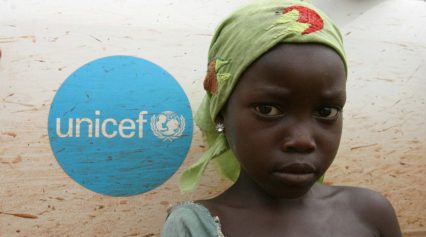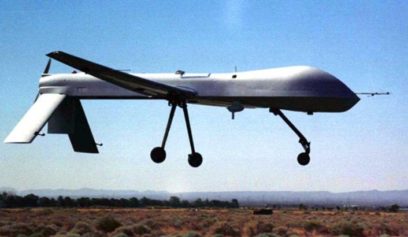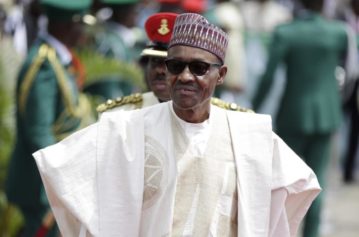
Somali security forces take position on May 24, 2014 in Mogadishu after an attack on the national parliament.
While South African President Jacob Zuma was inaugurated for his second term in Pretoria, farther north on the continent Nigeria and Somalia were grappling with the aftermath of viciously violent attacks carried out by terrorist groups that are continuing their brutal internal campaigns.
Zuma said economic growth for Africa’s leading economy would be the focus of his second term.
“It’s time for us to do what we have always said we would. Do not be alarmed when we take decisions that are hard and unusual, we will be doing it for your good,” he said in Zulu to thousands of supporters at a gathering attended by many world leaders.
Zuma, 72, who was sworn in by the chief justice of the Constitutional Court, had endured frustration from many South Africans disappointed that there has been little improvement in the bitter poverty many of them experience. Others have grown frustrated with the many scandals and allegations of corruption that have swirled around Zuma. But most of the nation, particularly older South Africans, still pledge their allegiance to the African National Congress, Zuma’s ruling party that has long been the face of Black independence.
The former cattle herder, who was a freedom fighter and Robben Island prisoner along with Nelson Mandela, was tried and acquitted of raping a family friend, and over the years has faced more than 700 charges of racketeering, corruption, money laundering and fraud.
In March, South Africa’s public ombudsman said some of the $20 million taxpayer-funded refurbishments to Zuma’s luxurious residence were unlawful and ordered him to repay part of the cost.
In Nigeria, the terrorist group Boko Haram killed about 30 people in the northeastern state of Borno, continuing its reign of terror that has been ongoing for at least five years and murdering thousands.
The insurgents “attacked and killed 20 persons in Krenowa and injured some villagers,” Mohammed Gava said, according to Bloomberg News. “Five persons each were also killed in Makor and Kimba villages while many houses were burnt down.”
Boko Haram rose to international infamy when the group kidnapped 276 schoolgirls in Nigeria and threatened to sell them into slavery, leading to outrage across the globe. Nigerian President Goodluck Jonathan has described Boko Haram as the al-Qaeda of West Africa.
A story in yesterday’s New York Times quoted unidentified foreign diplomats in Nigeria as saying the country’s army is so poorly trained and riddled with corruption that it is incapable of finding the abducted girls and is losing the broader fight against Boko Haram.
In Somalia, the militant group al-Shabab claimed responsibility for an attack on the country’s parliament building that killed at least eight people.
The attack came in the form of a car bomb set off at the main gate of the parliament complex in central Mogadishu during a meeting of parliament. According to witnesses, there were several smaller explosions and gunfire in the wake of the blast.
“All of a sudden we just heard a loud, loud bang and a minute later the gunfight ensued and then we all tried to get out and thank God, most of us made it out,” Hussein Arab Isse, a member of Parliament, told Voice of America.
Isse said he and fellow lawmakers escaped by breaking through a back wall of the dilapidated parliament building, which ironically was still being repaired after years of warfare that destroyed much of the city.
Officials said all the lawmakers made it out alive.


